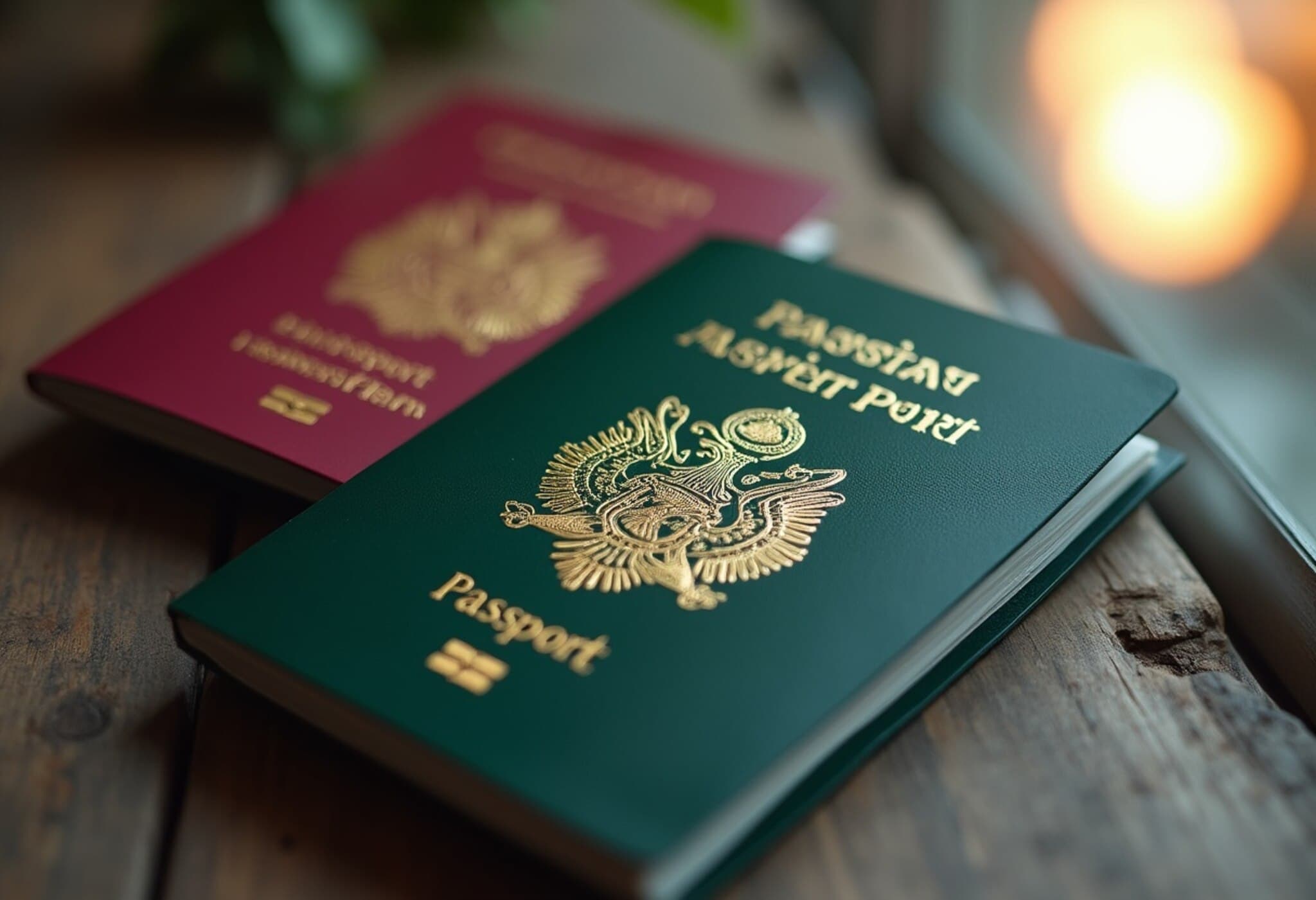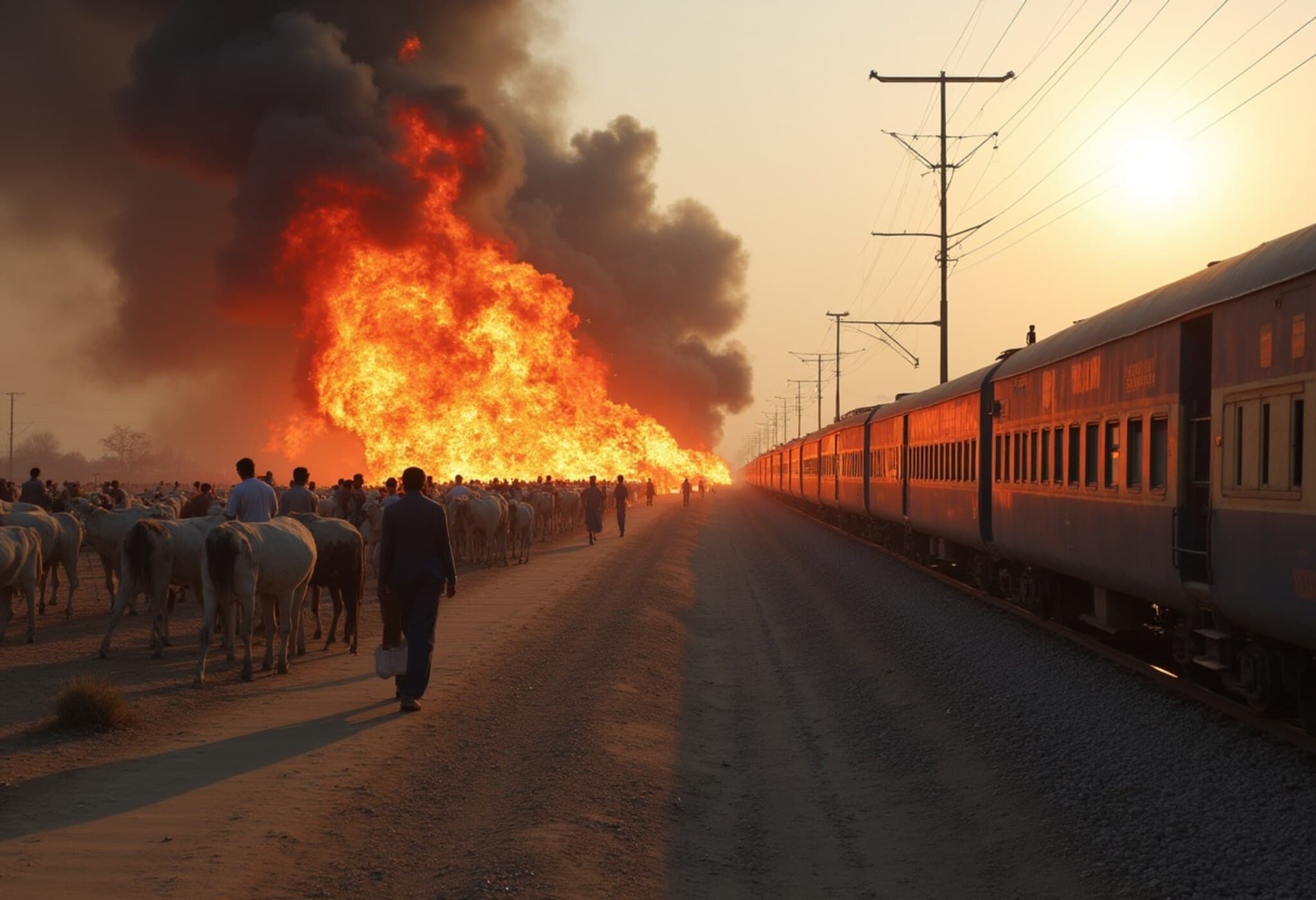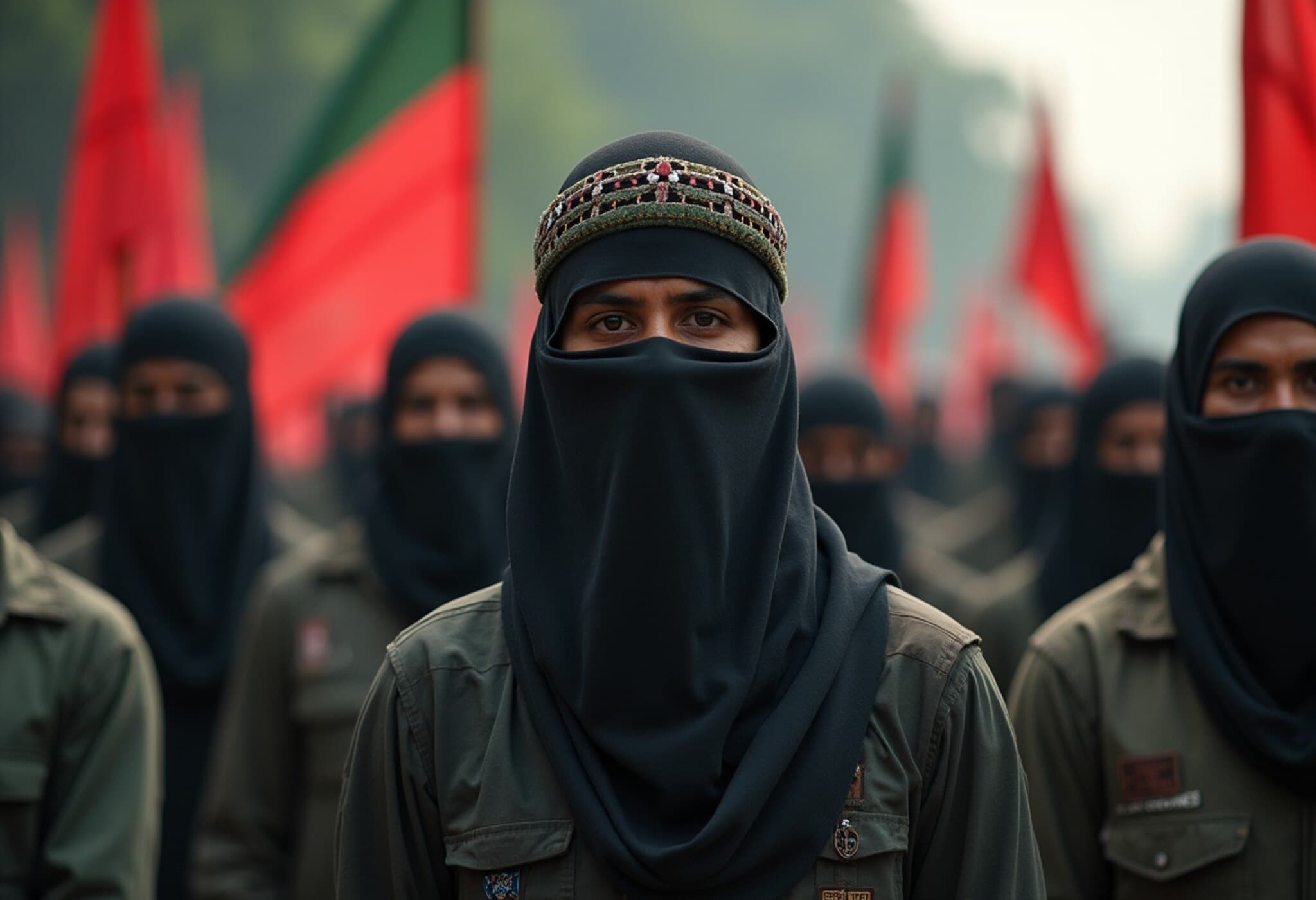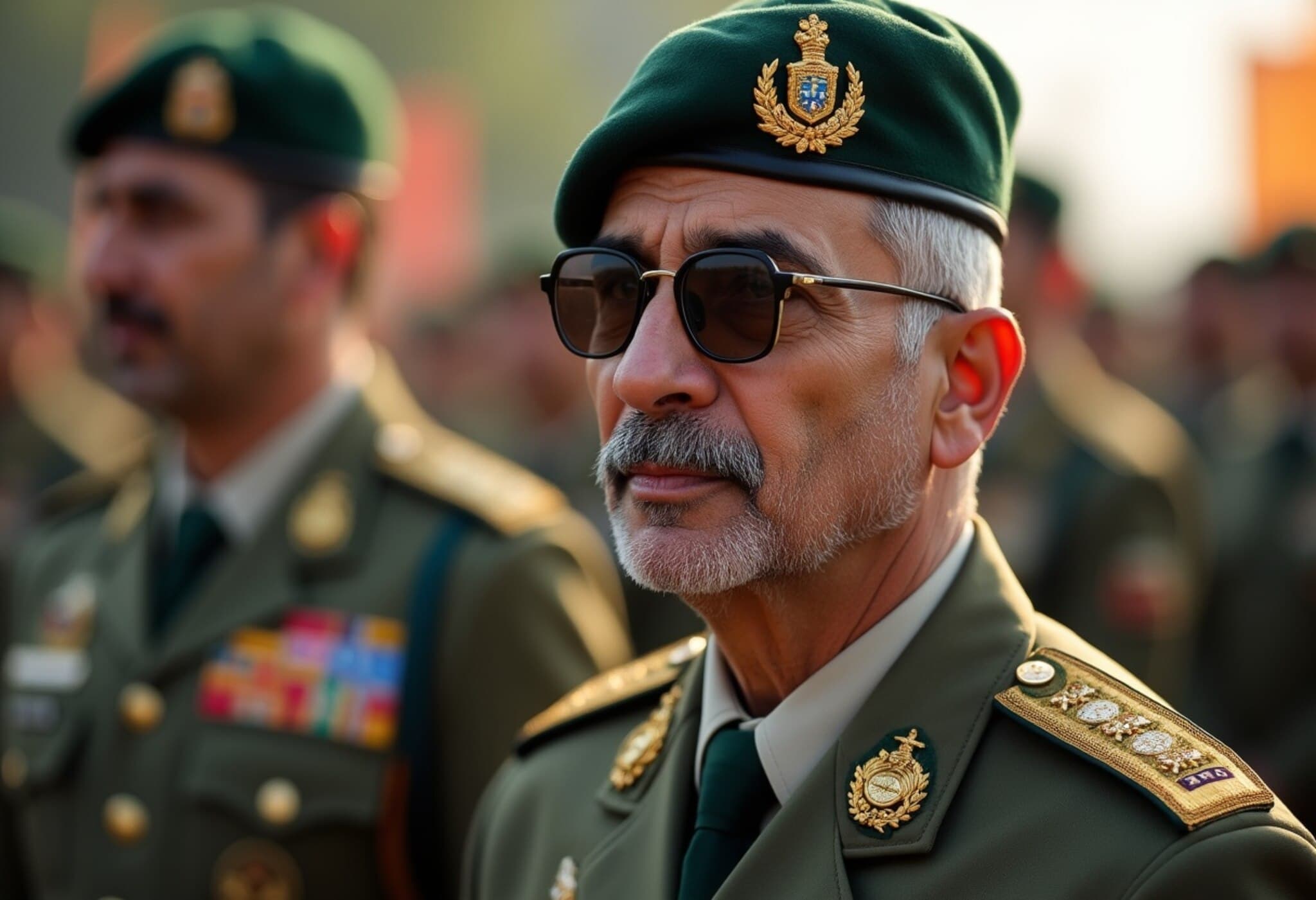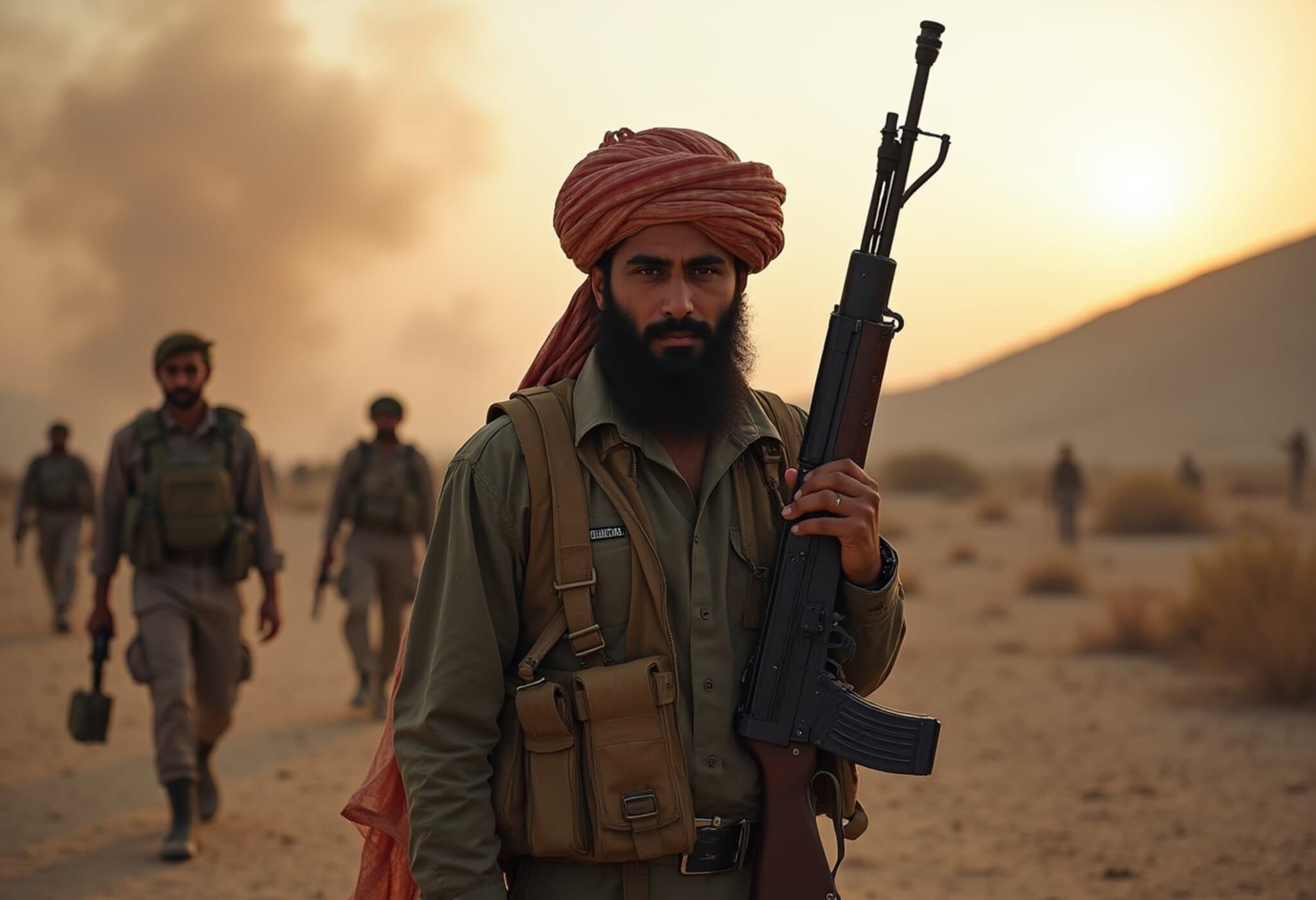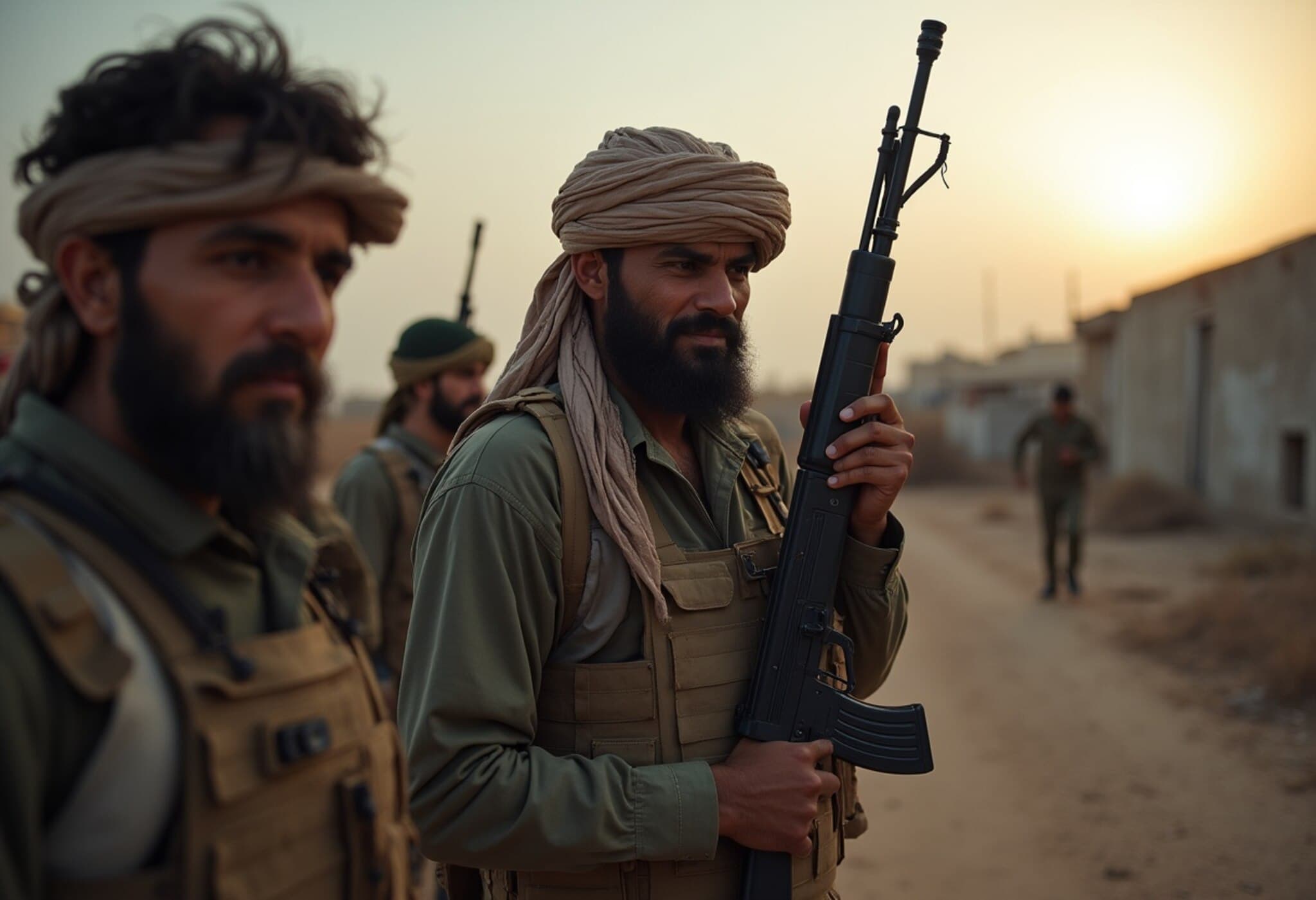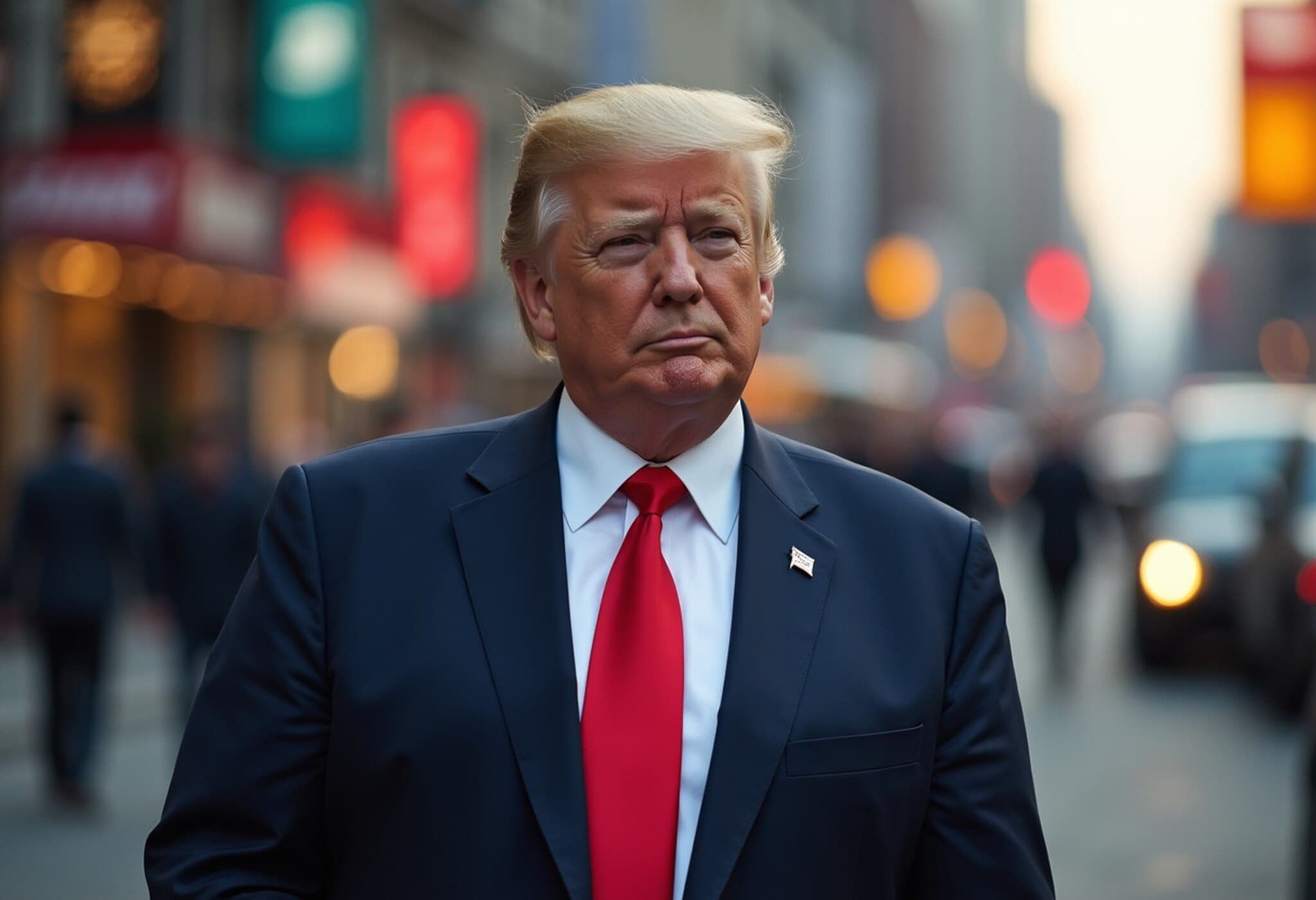Pakistan's Passport: Fourth Worst Globally but a Source of National Pride
In the 2025 Henley Passport Index, Pakistan’s passport has been ranked as the fourth worst globally for the fourth consecutive year. Positioned just ahead of countries like Iraq, Syria, and Afghanistan, Pakistani citizens enjoy visa-free or visa-on-arrival access to only 33 countries. Despite this restrictive ranking, Pakistan’s government is asserting that the passport remains a symbol of pride.
What the Henley Passport Index Reveals
The Henley Passport Index, regarded as one of the most authoritative global rankings of passports, bases its data on the extensive travel database from the International Air Transport Association (IATA). According to the 2025 index:
- Pakistan’s passport holders have visa-free or visa-on-arrival access to 33 countries.
- Yemen’s passport offers similar access to 33 countries.
- Iraq’s passport ranks slightly lower, with access to 31 countries.
- Syria’s passport grants access to 28 countries.
- Afghanistan’s passport offers access to only 26 destinations.
The ranking highlights significant global mobility challenges for Pakistani citizens, restricting international travel for business, education, and tourism.
Government Response: Reframing the Narrative
In a candid address to the Karachi Chamber of Commerce and Industry, Pakistan’s Interior Minister Mohsin Naqvi expressed an unconventional viewpoint:
“We are proud of our green passport, and in the future, it will be a source of even greater pride.”
Minister Naqvi emphasized that despite current limitations, the government is actively engaged in diplomatic efforts aimed at improving the passport’s global standing. He also brought attention to the practical challenges faced by Pakistani travelers, particularly citing the recently reported rejection of thousands of Pakistani visa applications by the United Arab Emirates. This move strains economic ties and affects Pakistani expatriates and businesspeople relying on Gulf cooperation for livelihood and trade.
Understanding the Broader Context
Passport strength often mirrors a country’s geopolitical relationships, economic stature, and diplomatic leverage. Pakistan’s ranking is a reflection of a complex mix of:
- Regional security concerns: Ongoing conflicts and political instability can hinder visa agreements.
- Diplomatic relations: Bilateral tensions and regional bloc policies affect travel freedoms.
- Economic and social factors: Countries weigh risks related to immigration and economic migration.
This situation fuels debates on whether passport rankings should solely represent practical travel freedom or also incorporate national identity and pride.
Expert Perspectives: Pride vs. Practicality
Experts in international relations note that balancing national pride with the practical implications of a low-ranking passport is a delicate act. Dr. Amina Shah, a South Asian geopolitics analyst, observes:
“Pride in a national symbol like a passport is understandable, as it connects citizens to their country. However, real-world mobility affects economic opportunities and personal freedom, which are critical in today’s globalized world. Improving travel freedom should be prioritized alongside fostering national pride.”
This insight compels policymakers to think beyond symbolic gestures and focus on tangible diplomatic outreach, bilateral negotiations, and global image-building.
The Road Ahead: Opportunities for Pakistan
Pakistan’s path to enhancing its passport ranking could include:
- Strengthening diplomatic ties especially with emerging and regional powers.
- Negotiating reciprocal visa agreements to ease travel restrictions.
- Enhancing internal security and governance to alleviate visa officers’ concerns internationally.
- Boosting economic integration through trade and investment partnerships.
These strategic shifts would not only improve Pakistan’s passport index but also unlock avenues for citizens’ global mobility and economic participation.
Editor’s Note
Pakistan’s status as having the fourth worst passport globally raises important questions about the intersection of national pride and practical international engagement. While the government’s embrace of the passport as a symbol of identity resonates emotionally, the tangible consequences of limited travel freedom are profound for millions of Pakistanis seeking opportunities abroad. Will diplomatic efforts and policy reforms soon translate into meaningful improvements, or does this ranking reflect deeper geopolitical realities that require long-term strategic solutions? The coming years will reveal whether Pakistan can transform this symbol of limitation into one of expanded horizons.

